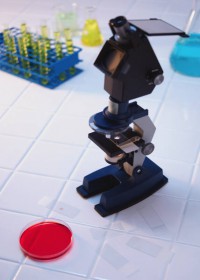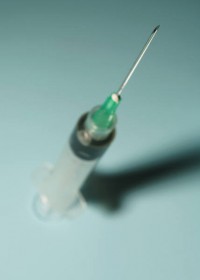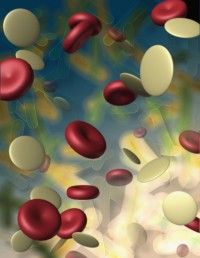
New discoveries in the field of immunotherapy are providing answers to a question that has bedeviled cancer researchers for more than a century: How are cancer cells able to evade the immune system and survive in the body? Advancements in genetic and cellular research are providing scientists with new insights into the unique ways cancer cells interact with the body’s immune system.
The immune system is the body’s first line of defense against disease, bacteria, viruses, abnormal cells and other harmful agents that invade and attack the body. When the body is attacked, the immune system mobilizes an army of white blood cells, including specialized T-cells and Natural Killer Cells, the Seal Team 6 of the immune system army.
In most cases, the immune system is extremely effective in hunting down and killing harmful invaders; but cancer cells seem to have a unique ability to clothe themselves in a shield of invisibility that allows them to evade immune system defenders. How cancer cells are able to do this is a question that has puzzled cancer researchers for more than a century.
Complicating the puzzle is the fact that when cancer cells are placed in a Petri dish and exposed to white blood cells in the sterile environment of research laboratories, the white blood cells immediately attack and kill the cancer cells. So why doesn’t this happen in the human body? How are cancer cells able to shield themselves from the immune system and how can the immune system break through that shield? Researchers are finding the answers in integrated immunotherapy.
Next time: Immunotherapy: cancer’s kryptonite





